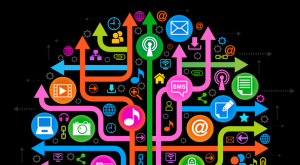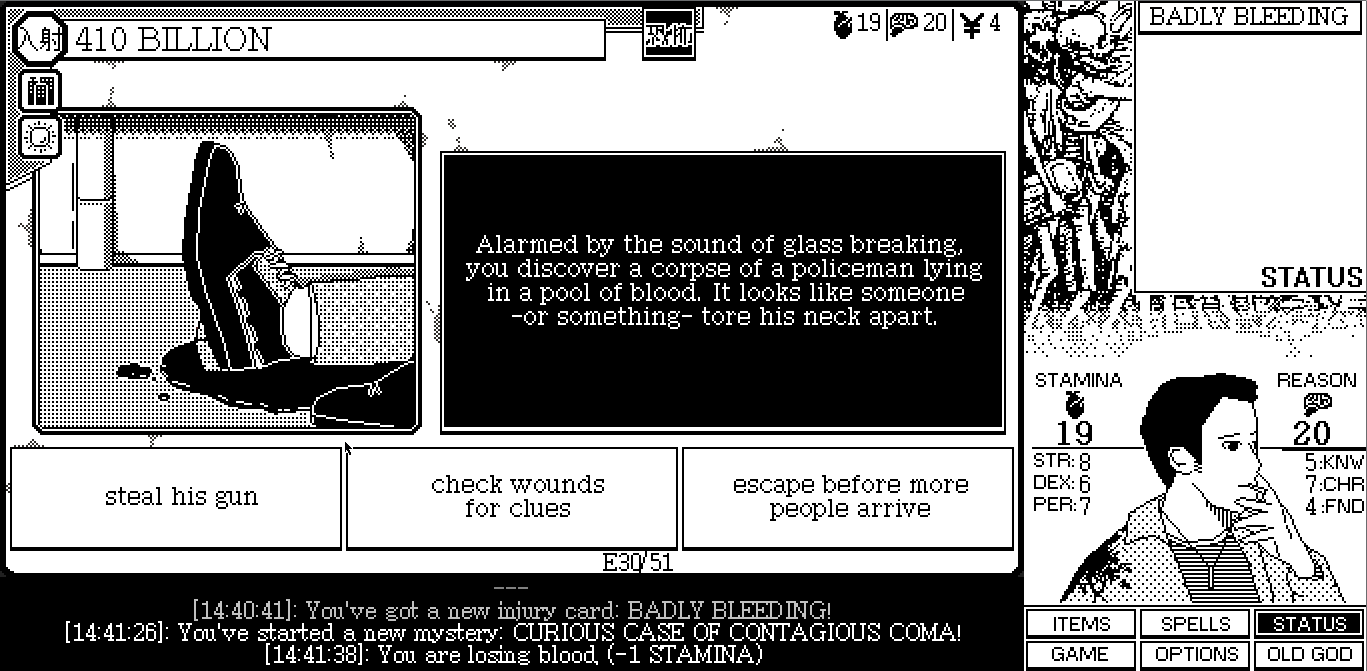The End Of The Internet As We Know It?
By Brandon Fern
Live Wire Web Reporter
& Justin Cheatham
Live Wire Staff Writer
The Internet has become a source of entertainment and information over the past two decades. We use it to game, socialize with friends, shop for stuff, read about current events, do homework and contact teachers, watch idiots dance around naked with firecrackers shooting out of a hat on their head and the list goes on and on.
However, that can all change very soon. On Jan. 14, a U.S. Appeals Court shot down the U.S. Federal Communications Commission’s net neutrality rules. Net neutrality, which was implemented by the FCC back in 2010, is a set of rules that prevents Internet providers from selectively blocking or slowing Web traffic. Verizon Communications challenged the FCC rules, saying that Congress didn’t give them authority to regulate broadband providers.
While the Telecommunications Act of 1996 allows the FCC to promulgate rules governing broadband providers’ treatment of Internet traffic, the commission cannot contradict Congress, Judge David Tatel wrote in the decision. “Given that the Commission has chosen to classify broadband providers in a manner that exempts them from treatment as common carriers, the Communications Act expressly prohibits the commission from nonetheless regulating them as such.”
While Democrats in Washington work on temporary laws to protect net neutrality and the FCC works on reinstating them, companies like Verizon have already taken advantage of the chaos. Recently Verizon FiOS user David Raphael wrote on his blog that Verizon was intentionally throttling Netflix subscribers and anyone who uses Amazon Cloud Computing Services.
While Verizon denied this, saying that they continue to treat all web traffic equally, during Raphaels’ call to the Verizon Customer Services the representative he spoke with admitted that the bandwidth to cloud providers was being limited, but admitted that this was a recent occurrence. However Brian Fung, who wrote the article for the Washington Post, said that it’s worth treating the representatives’ statement with a bit of skepticism, as it is unlikely that this one worker knew entirely about the company doings.
Some fear that the lack of net neutrality laws keeping the Internet free and level would lead to discrimination, double dipping, and a stifling of innovation. For example, bloggers could be prevented from publishing and competing with more traditional sites like CNN, NBC or FOX. Musicians who share their music online to build up an audience may be unable to do so.
The worst part of it, though, would be that it would mess with search engines like Google. Right now when you search for, say a Pasta Primavera recipe on Google, you get results that match your search as close as it can. Without net neutrality, putting the same search terms on Google could result in ads for sales at Stop & Shop, or Price Right, because they paid the most to reach you.
Double dipping means that Internet provider can tier the prices for what you do on the Internet. Say you use Netflix, and Fox wants a piece of Netflix’s earnings for allowing them to provide their shows? They can charge Netflix for the right, which they already pay the creators for, and force Netflix to up their prices to meet Fox’s demands. And if net neutrality is taken away then that could mean that anyone who wants to start up a company or dreams of developing a site that could become the next Google or eBay, could get muscled out by the wealthier and more successful conglomerates that pay for the top spot on the web.
So anyone who pays the cable or Internet providers “protection money” so their sites, or the sites of their partners, could enjoy the Internet fast-lane, while other users and innovators are left in the dust. So what does this mean for students here at Manchester Community College? The biggest issue is, again, price hikes. Not just from the people who offer a service like Netflix, Hulu Plus or cloud servers, but also tiered prices for web service, forcing you to pay for what you do on the web in a more structured, and expensive, manner.
It also means that if you use the Internet for research on a topic like “abortion benefits,” you could get results on why abortion is bad, all paid for by companies who want to prevent you from finding more neutral information. Granted, this is an EXTREME example, but this change could negatively impact the way we use the Internet in ways large and small. So I guess the best way to simplify all of this is to say it all links back to money, as most things do.
Without net neutrality, the Internet would no longer be free and services users have come to depend on would increase in price. Right now cable and phone companies can charge you for Internet access, and the speed with which you use it, but they cannot charge you for each and every site you visit or search you launch. Being college students, some of us have to work two jobs just to eat and pay tuition.
The last thing we should be gouged on is the Internet. So what can you do to prevent this from happening? As of right now there are many sites with petitions urging the FCC to restore net neutrality and fight back against Verizon like freepress.net, which fights for open media. Log on and signing the petition, and think about cancelling your Verizon Internet access. Together we can keep the Internet free for all.








